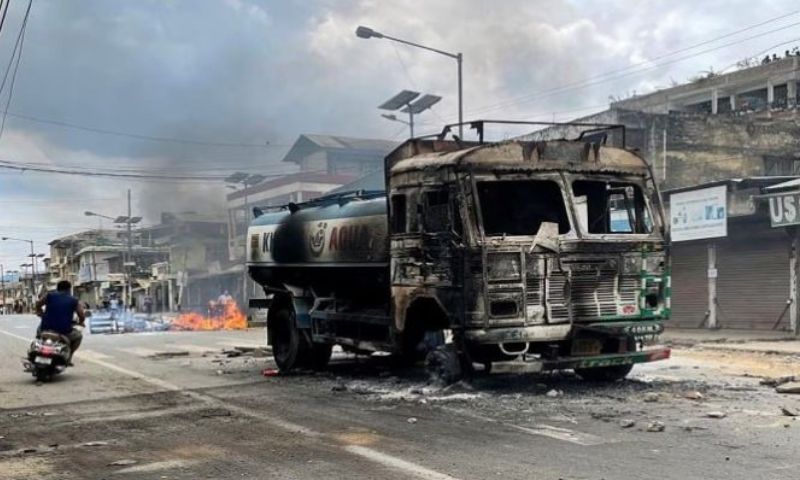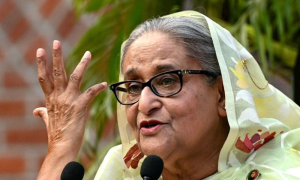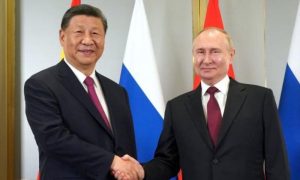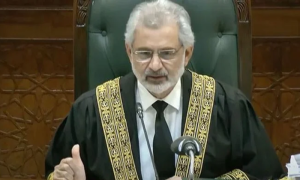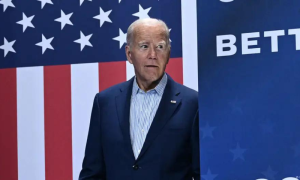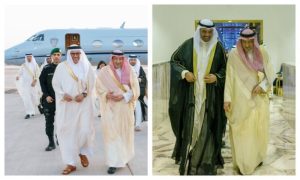NEW DELHI: The imposition of draconian laws, such as the Armed Forces Special Powers Acts (AFSPA), in India’s Manipur state has exacerbated the trust deficit between the government and the multi-ethnic society, leading to a surge in separatist movements in the region.
Violent inter-ethnic clashes between the Meitei and Kuki communities since May 3 have resulted in over 98 deaths and the destruction of at least 1,700 buildings, including homes and religious sites. Media reports indicate that more than 35,000 people are currently displaced, seeking refuge in the state’s 315 relief camps.
The response from the Indian government has largely followed a pattern employed in previous instances of unrest, including military curfews, internet service suspensions, and the deployment of approximately 17,000 troops and paramilitary forces with shoot-on-sight orders in extreme cases, according to a report by the United States Institute of Peace.
Similar to the situation in Indian-administered Jammu and Kashmir, the Narendra Modi-led government is resorting to brutal force to suppress the demands of the three million people in Manipur.
The AFSPA has faced criticism from Human Rights Watch, which views it as a tool for state abuse, oppression, and discrimination. In 2012, the United Nations called on India to revoke AFSPA, stating that it had no place in a democratic society.
The recent violence in Manipur was triggered by attacks from militants reportedly backed by the central government, targeting areas predominantly inhabited by the Christian community. The unrest was further fueled by a high court decision granting Scheduled Tribe (ST) status to the Meiteis, which raised concerns among tribal communities, including the Kukis, about potential land loss.
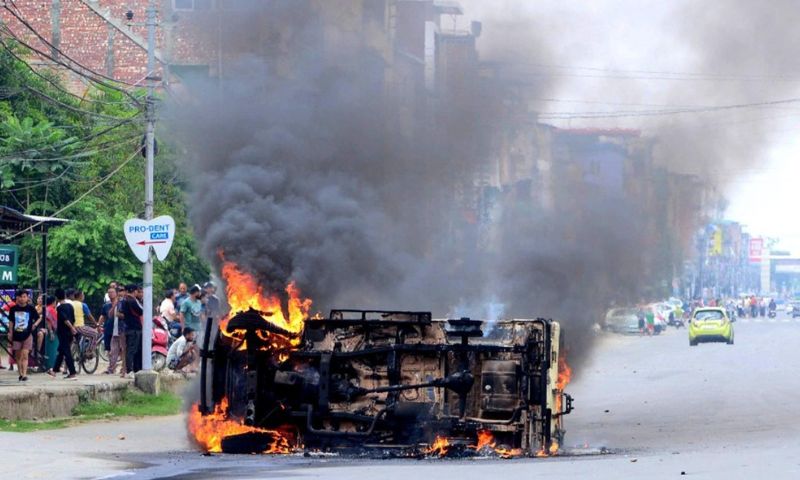
Govt Not Serious to Resolve Manipur Conflict
Despite the ongoing violence in Manipur, the ruling Bharatiya Janata Party (BJP), led by Prime Minister Narendra Modi and Home Minister Amit Shah, continues to focus on state assembly elections in Karnataka. Amit Shah issued his first statement on the violence after 23 days, while Modi has yet to publicly acknowledge the situation.
According to the USIP, Manipur is home to at least four valley-based armed groups, several Naga groups, and nearly 30 Kuki armed insurgent organizations. The proliferation of these armed groups, estimated to have reached around 60 at one point, has contributed to a “war within a war” perception in the state.
The political situation has been exploited by individuals connected to those in power, as armed groups frequently support candidates in state elections. The 2022 elections in Manipur were marred by “open intimidation” from militant groups and violence at polling stations, leading to a sense of “democracy at gunpoint” in the fragile region, as highlighted by civil society organizations.
Indian parliamentarian Shashi Tharoor has called for President’s rule and criticized the BJP-led government for its failure to govern the state. The Metropolitan Archbishop of Bangalore, Peter Machado, expressed concerns over the insecurity felt by the Christian community.
All 10 Kuki MLAs, including eight from the BJP, issued a statement demanding the creation of a separate administrative body for their community under the Indian constitution in the aftermath of the violent ethnic clashes.
The United Nations High Commissioner for Human Rights, Volker Turk, has urged the authorities to swiftly respond to the situation, including investigating and addressing the root causes of the violence in line with their international human rights obligations.









